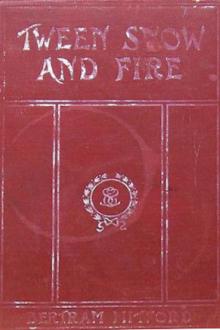The Road to Independence: Virginia 1763-1783
The Road to Independence: Virginia 1763-1783
Many of the fundamental principles of our nation's development are rooted in the Colonial Period; therefore, this era deserves careful attention in the public schools of Virginia. The spirit of freedom engendered in the early days of the nation's history has remained the hallmark of the nation. It has been maintained by commitment to democratic traditions and values.
Book Excerpt
sease which pushed him into periods of apparent insanity during his long reign (he died in 1820). Present day medical scholars now believe that this illness was perhaps porphyria or some type of metabolic illness, which could now be treated and controlled by diet and medication. Such illness does not appear to have been a major factor in his actions prior to the Revolution, the first significant attack not occurring until 1788. Instead, the stolid and often plodding king tended to rely upon men like the unimaginative Lord Bute or his somewhat stodgy wife, Charlotte of Mecklenberg (for whom two Virginia counties and the town of Charlottesville are named.) The breakdown of the once-powerful Whig political coalition also added to the king's problems.
About the time George ascended the throne, the English Whigs who had dominated English politics since 1720 fell victim to their own excesses. Walpole and Newcastle had controlled and directed parliament and the ministry through the "judicious" use of patronag
Editor's choice
(view all)Popular books in History, Post-1930, Government Publication
Readers reviews
0.0
LoginSign up
Be the first to review this book

 Free Download
Free Download























-itok=vcKIB5v1.jpg)
